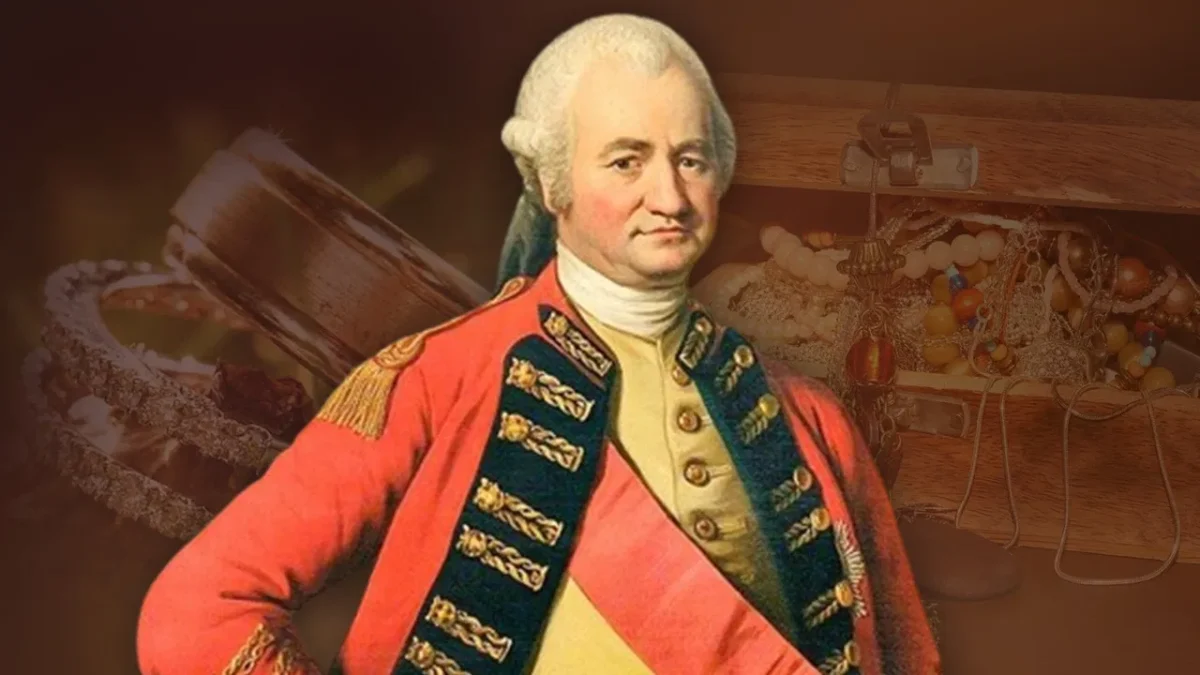The Phenomena Of Contextualisation In Christian World

Normally, we find a great difference between the life of Islam & Christian world. Obviously, the question is raised, why is this so? In short, we can give its answer in one word – contextualisation.
So, what is contextualisation? Contextualisation is the ability to situate phenomena & individual actions in the context of time, historical location, long term development to give meaning to these phenomena & actions.
The term contextualisation can be understood through the following example.
The founder of Christianity and Islam, both criticized the practice of usury and prohibited it. Both thought that usury was a tool for the exploitation of poor people by the rich people. This idea had been never changed in Islam and still continues to dominate.
On the other hand, the idea of usury became acceptable in the end of the middle age in the Christian World. This helped to grow the business. Here the church made the contextualization of usury. Church argued that there was no concept of business during the period of Jesus. But at the end of middle age, businesses needed more finances. So, the church argued that they should reform the command of usury given by Jesus.
So, we find that Christianity made the reform in their religious command in the context of the existing situation. But this did not happen in the Islamic world. So, it is observed that the process of contextualisation is happening in Christianity continuously.
The question is raised, why this happened in Christianity & not in Islam in the past.
We can explain it in the following way. In the Arabic world, before the birth of Islam, there was not a legacy of philosophy or the influence of Greek. In the Arabic world, there was largely an absence of cultured society with few exceptions like Mecca. In reality, after Muhammad, there was no one to continue the process of contextualisation in the Arabic world.
On the other hand, at the end of middle age, the process of contextualisation got impetus in Christian world which supported the society economically & culturally.


